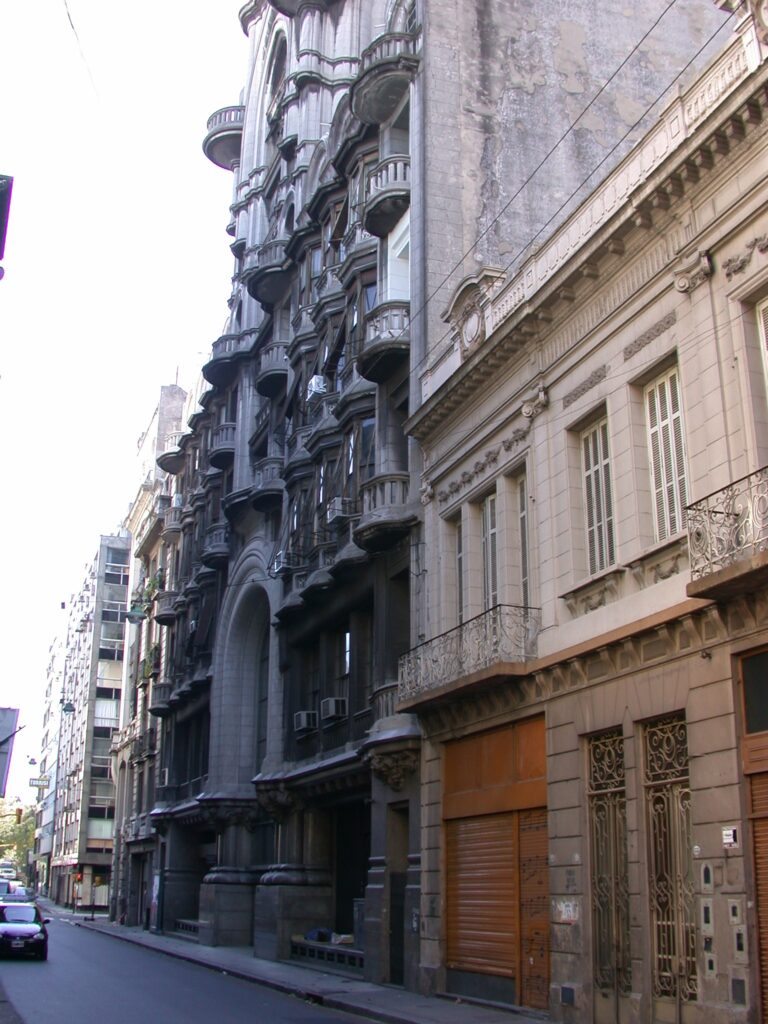
Jim e and I got up reasonably early and after a quick breakfast we headed to the Cafe de las Madres near the Plaza de Mayo.
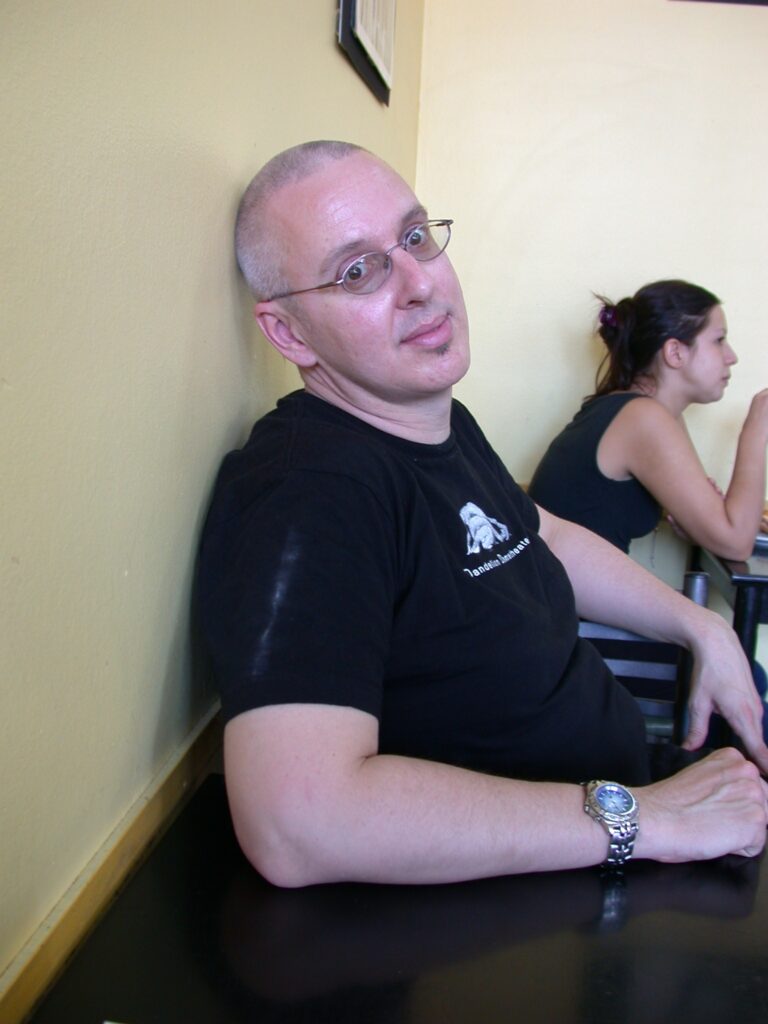
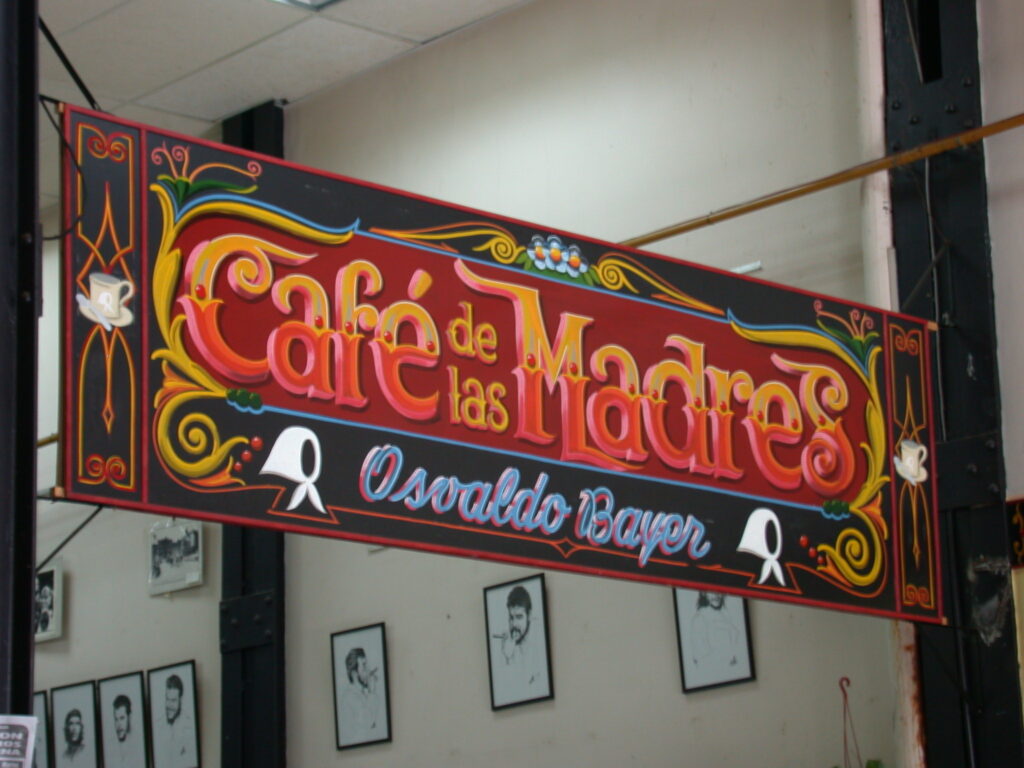
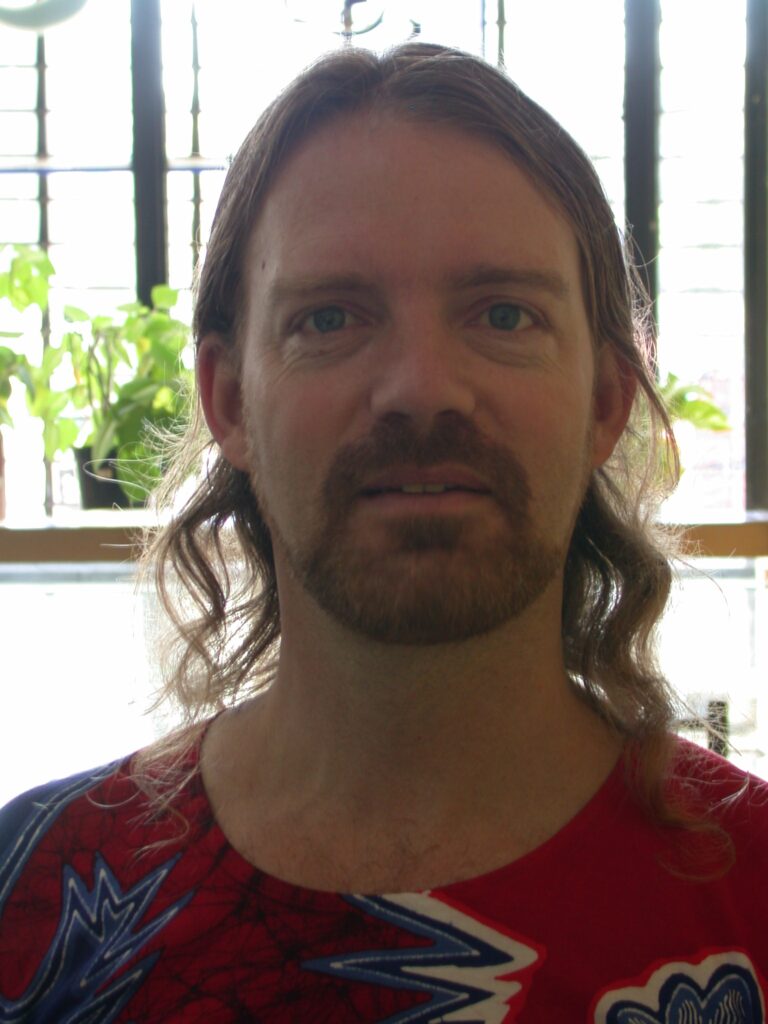
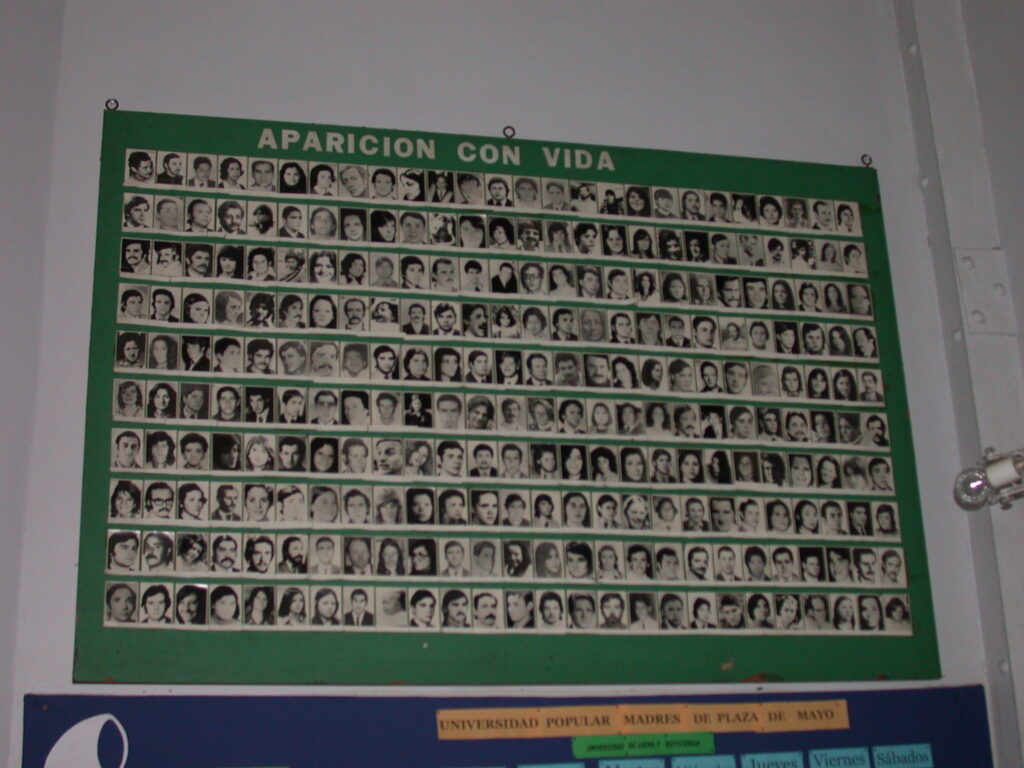

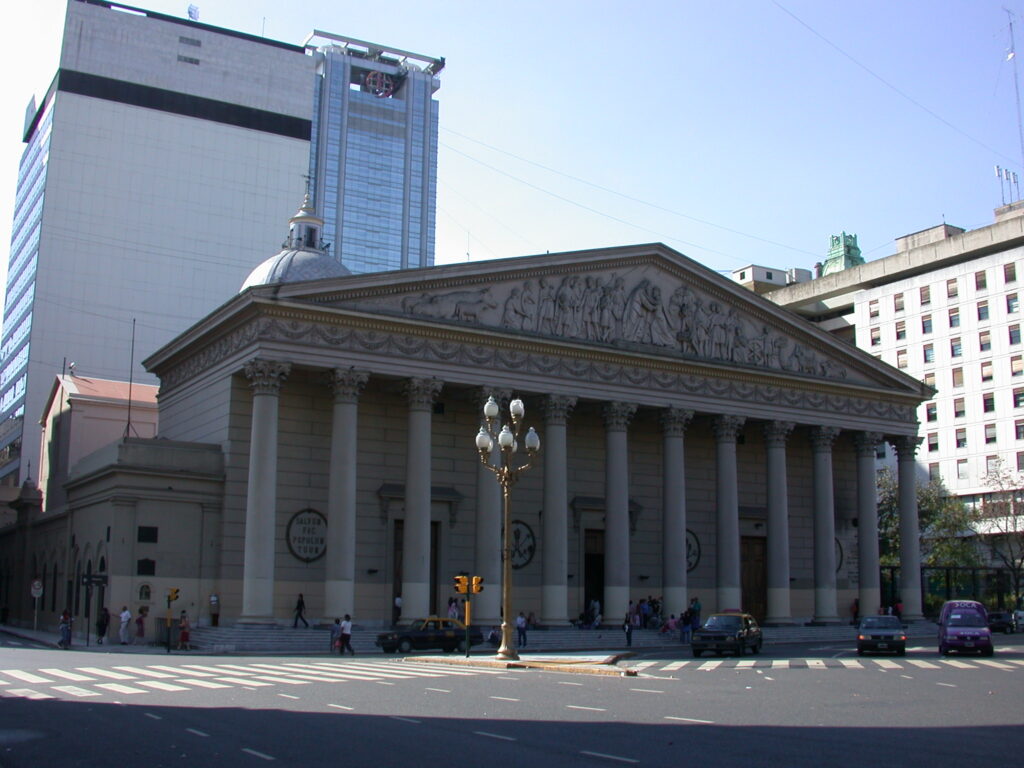
After a drink and a look at the pictures and the list of disappeared persons at the cafe, we walked over to the Plaza de Mayo and watched the mothers and grandmothers as the walked around the plaza. I even walked a bit with them.
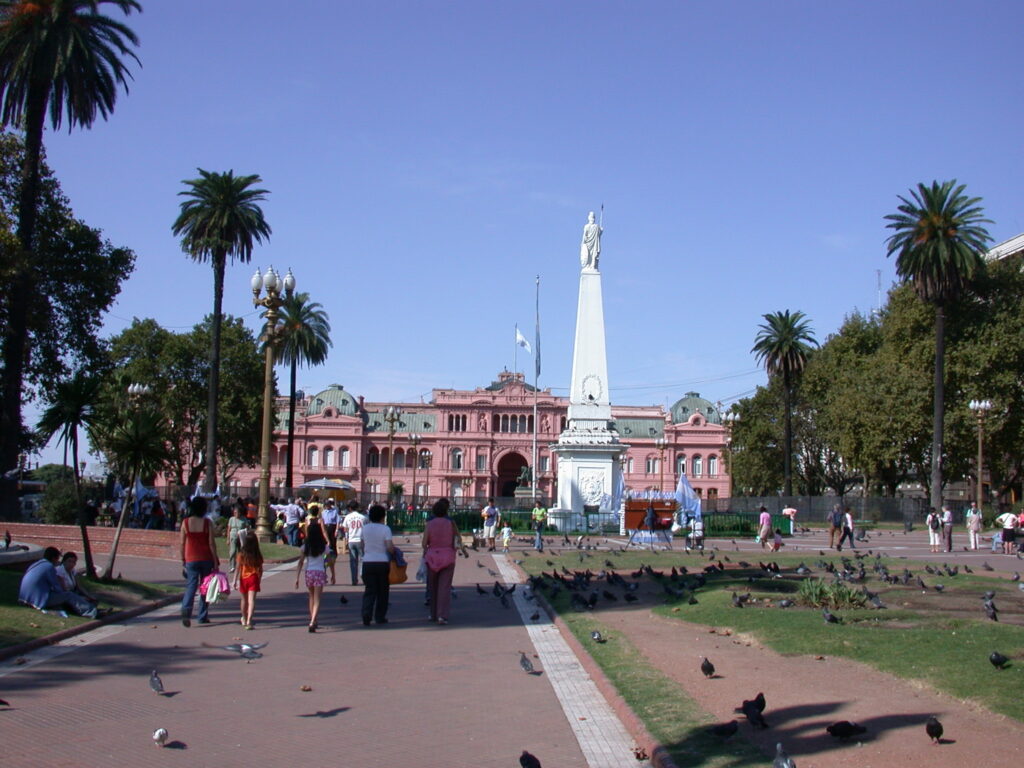
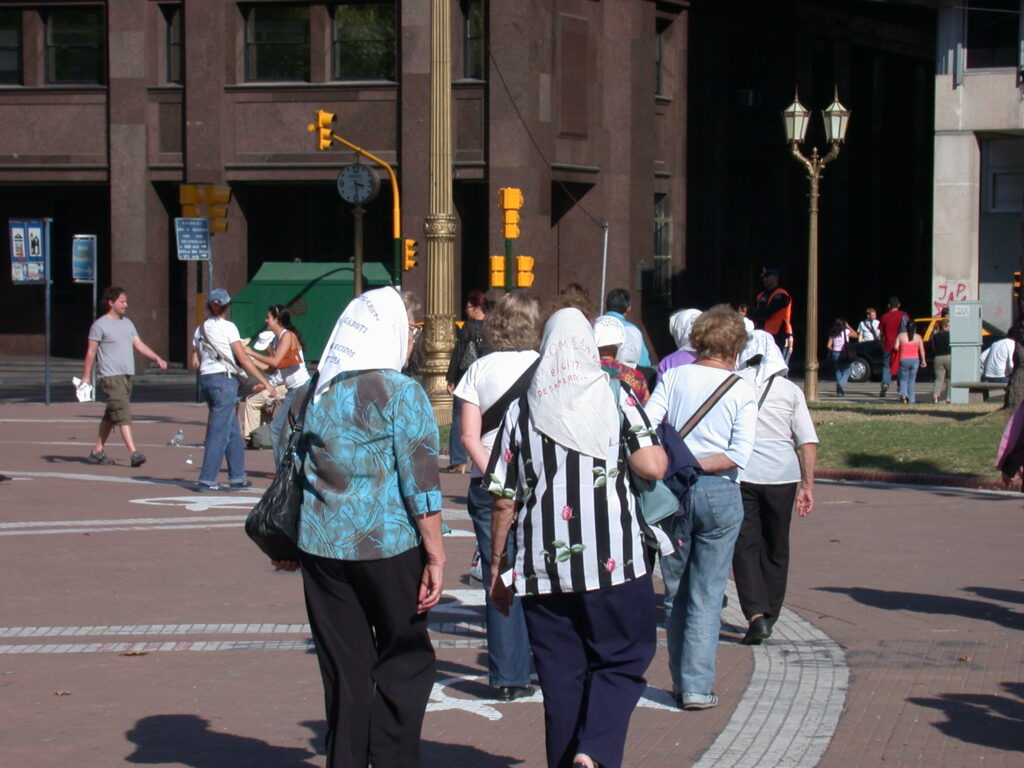
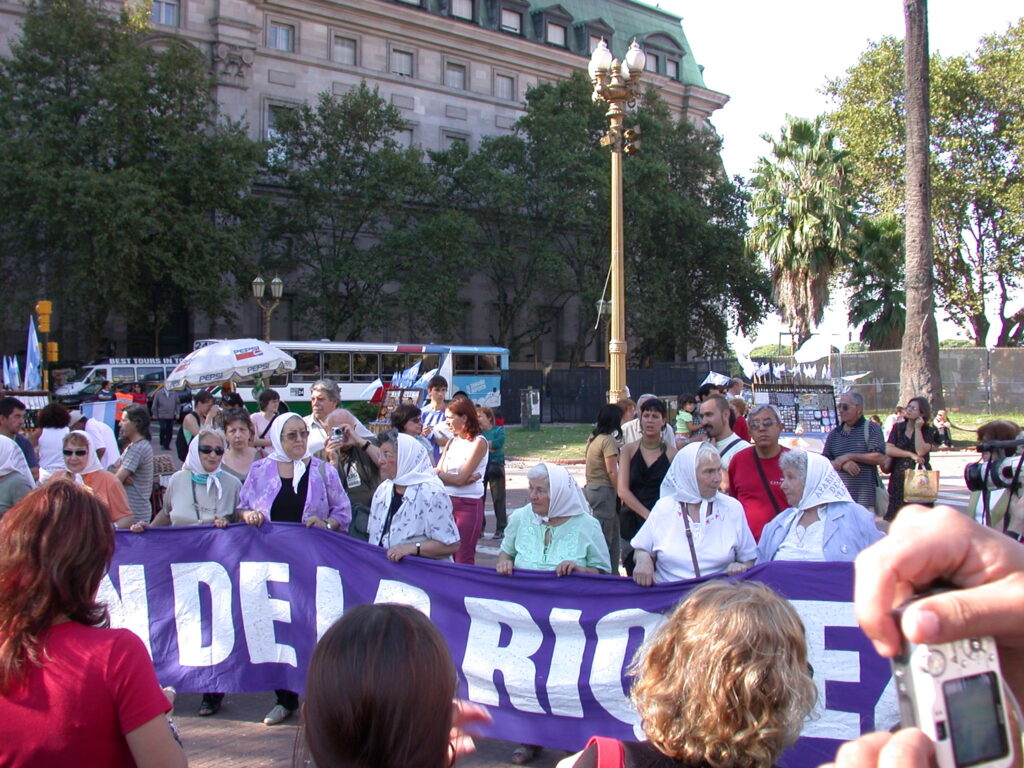
I felt moved by their courage in standing up against the abusive Argentinian dictatorship in support of their family members who were “disappeared.”
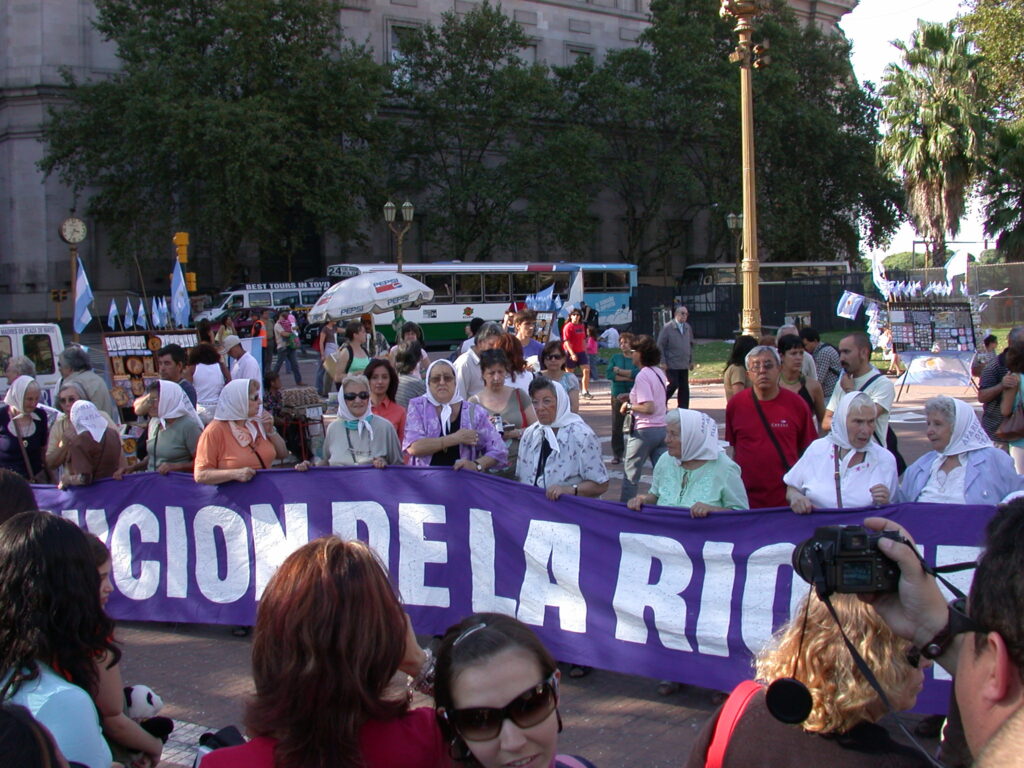
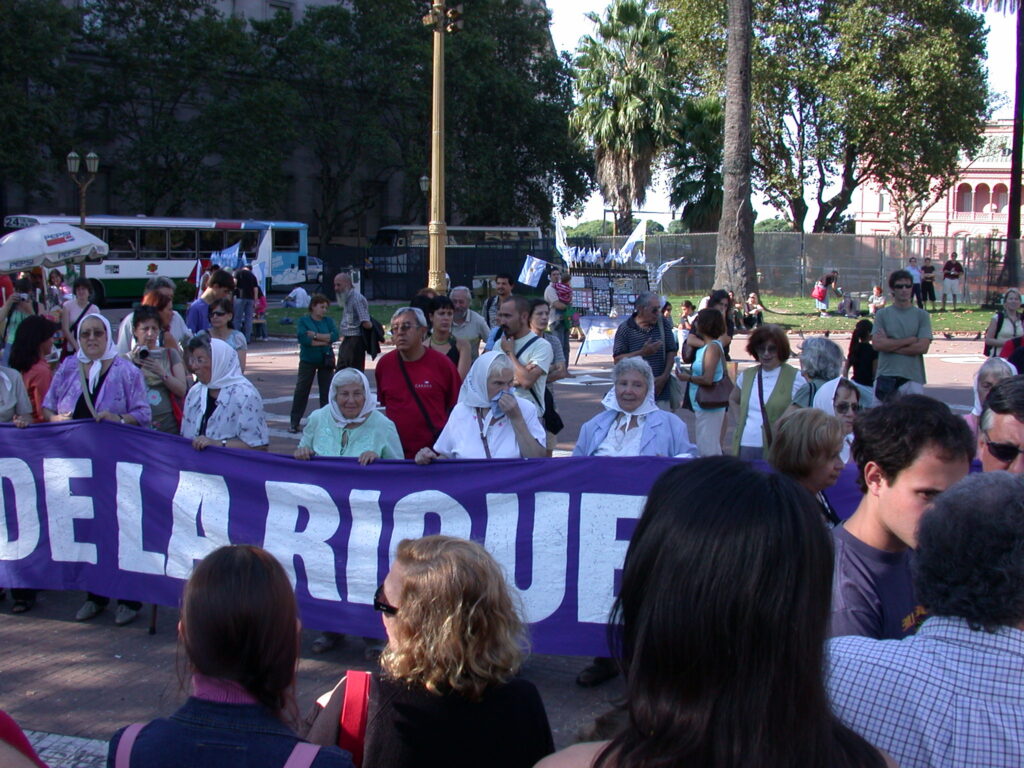
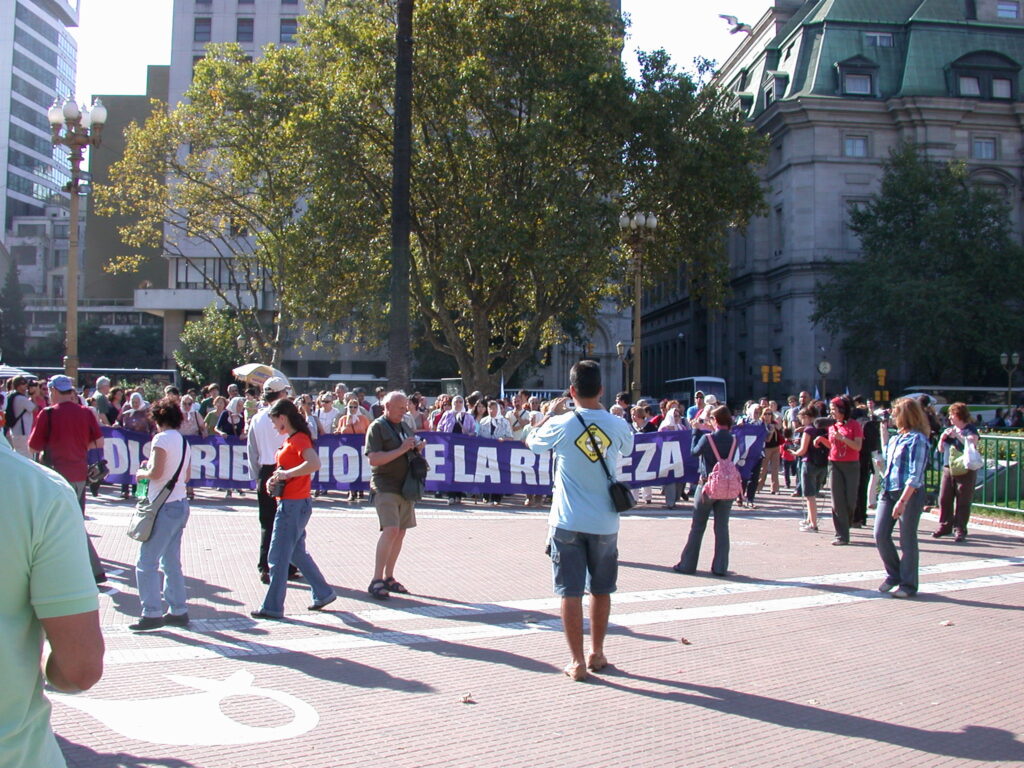
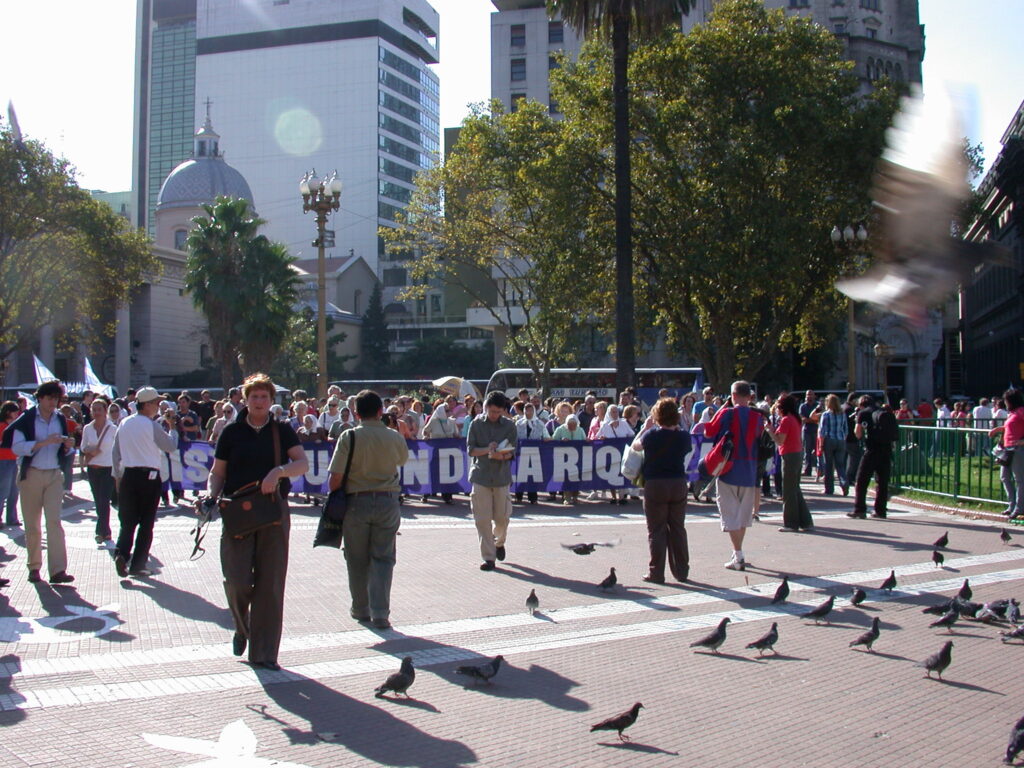

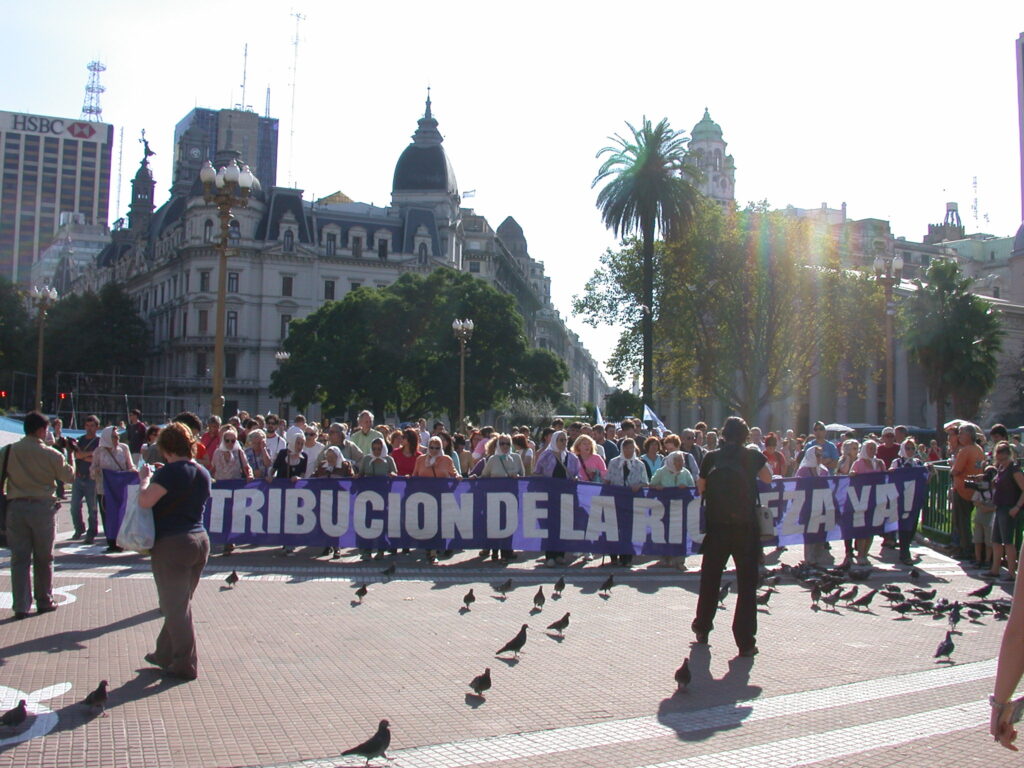
We met Frank, a French-speaker from Montreal there after earlier meeting him at the hotel.
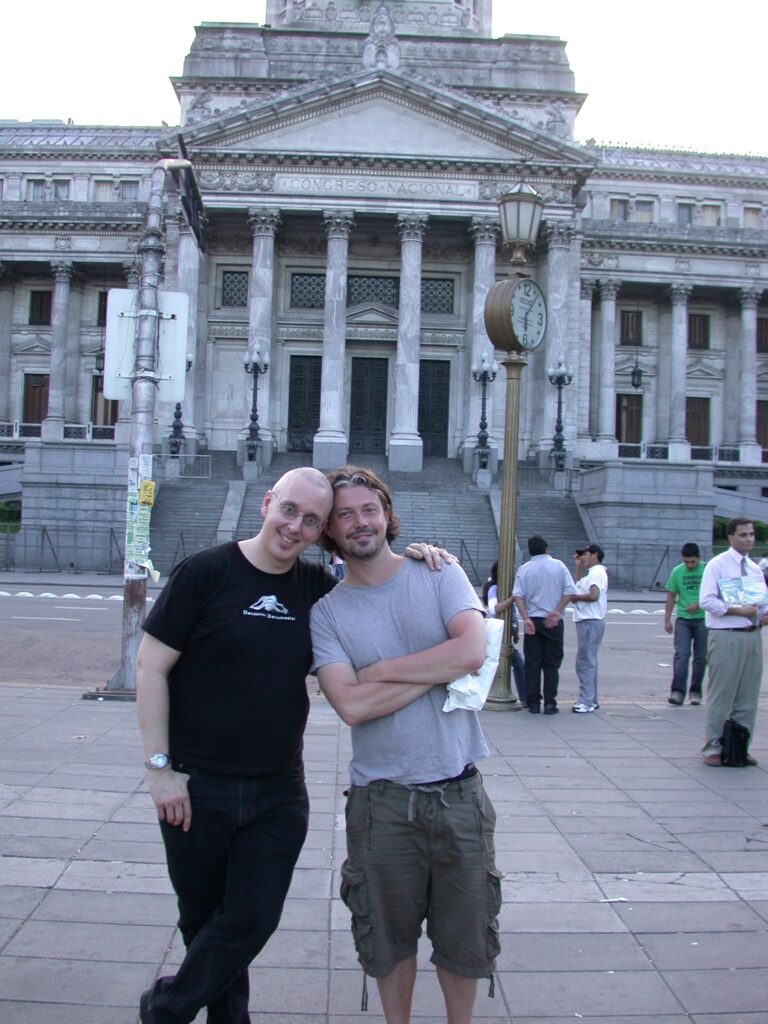
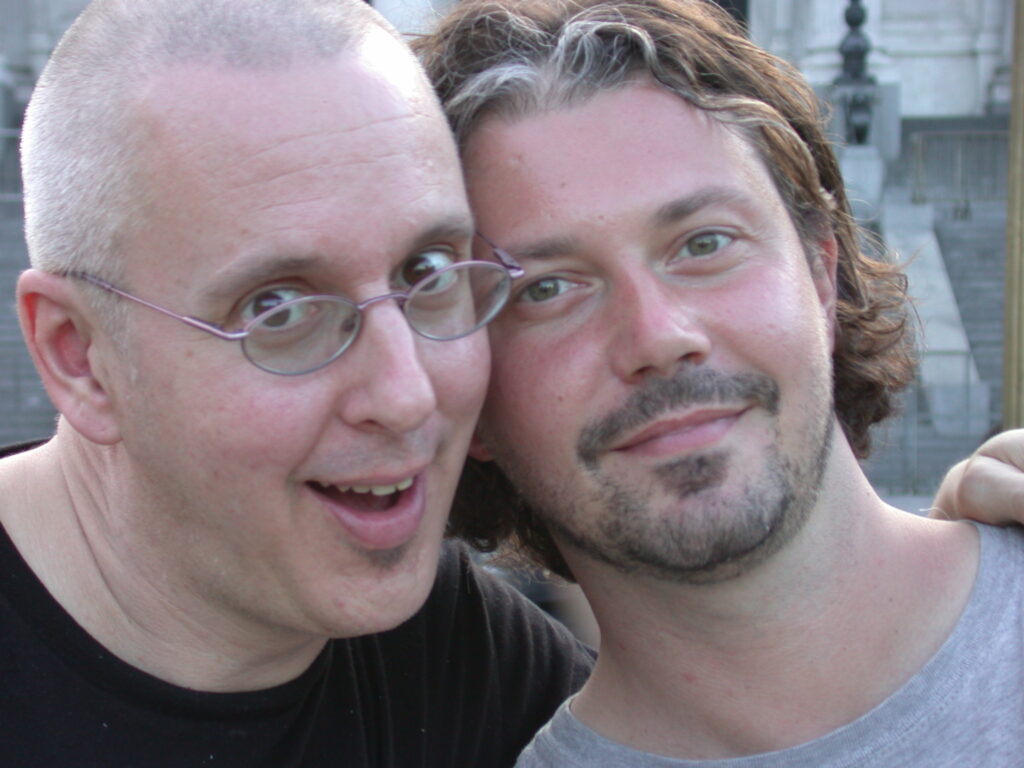
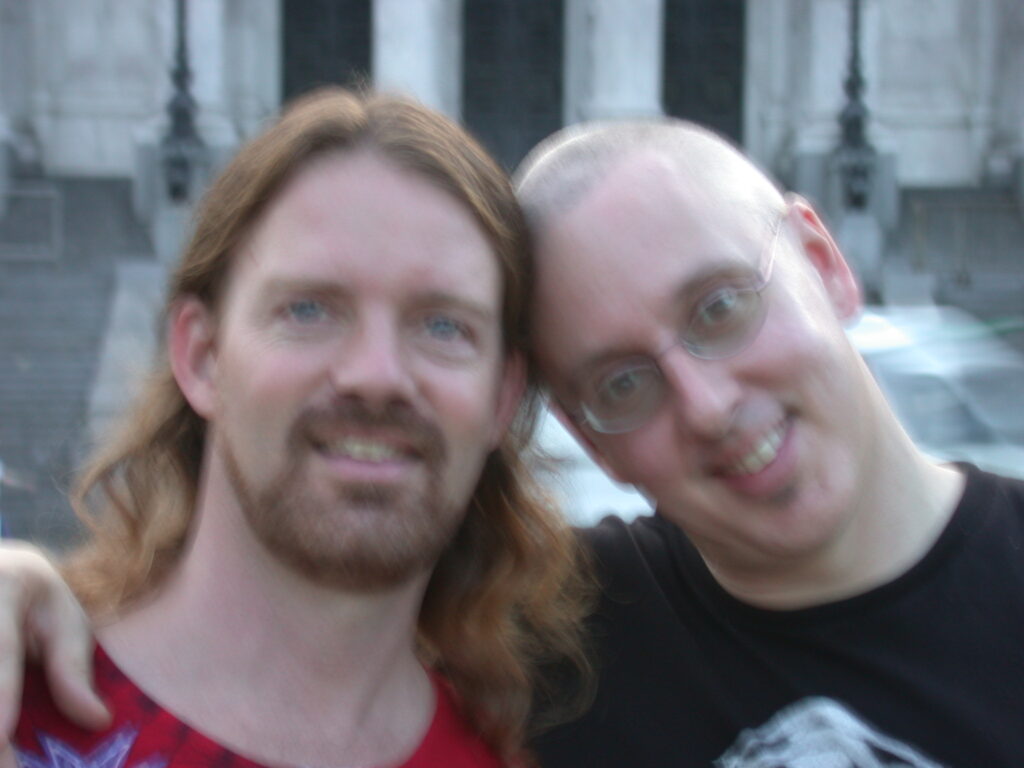
After searching unsuccessfully for a vegetarian restaurant, we ended up eating at a mediocre restaurant with mate (the ubiquitous tea-like beverage served warm in cured pumpkin gourds), bruschetta, and empanadas (which weren’t as delicious as the one I had near the plastic surgery clinic).
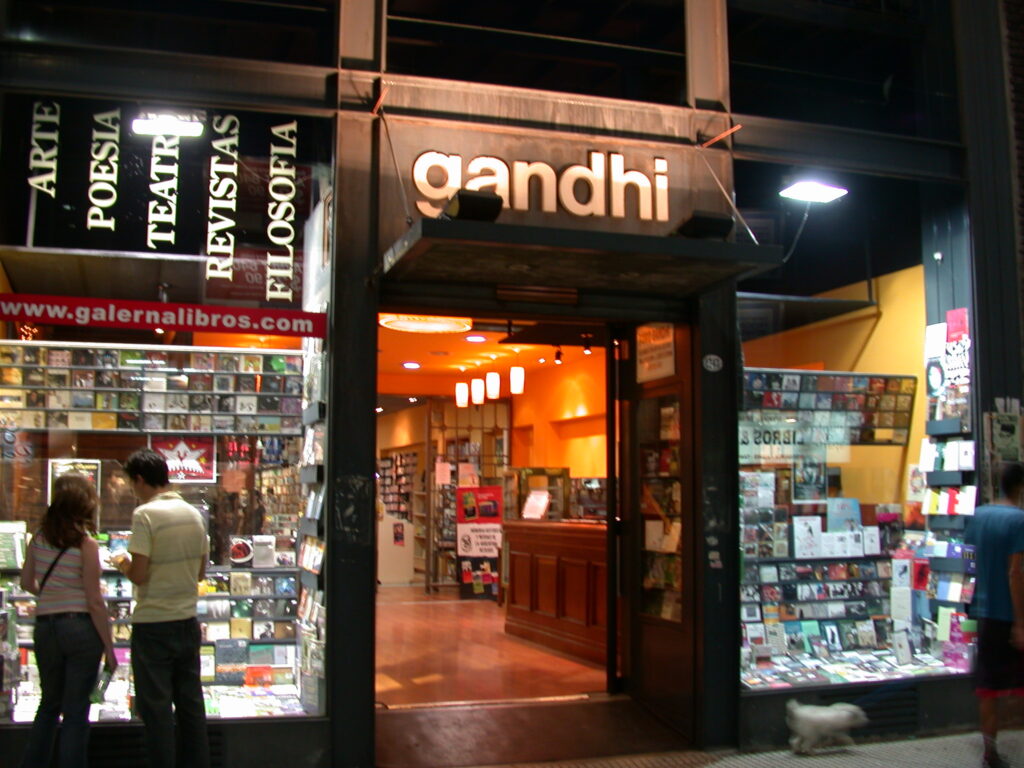
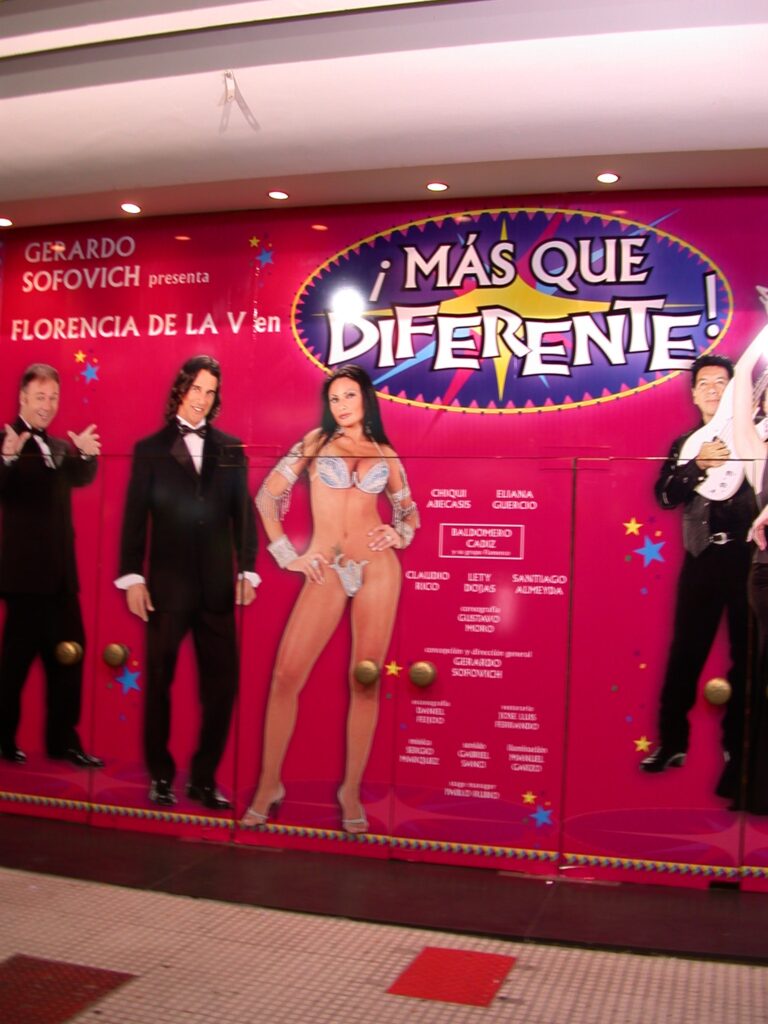
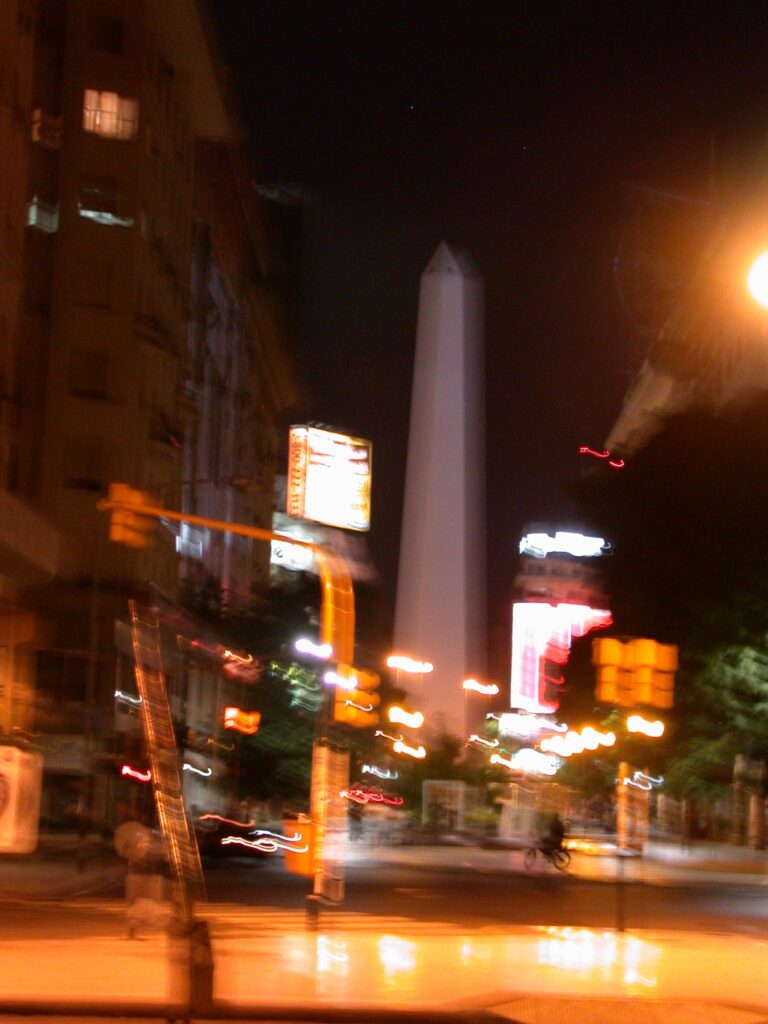
That evening, we went to a vegetarian restaurant called Bio in Palermo Viejo, which was hands down my favorite restaurant in all of Buenos Aires.
